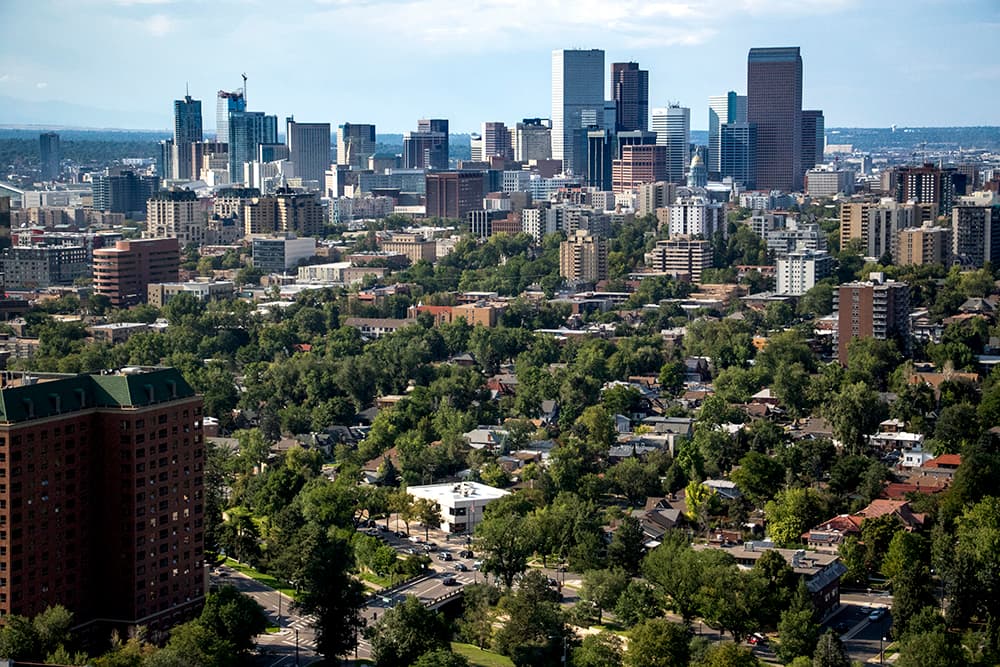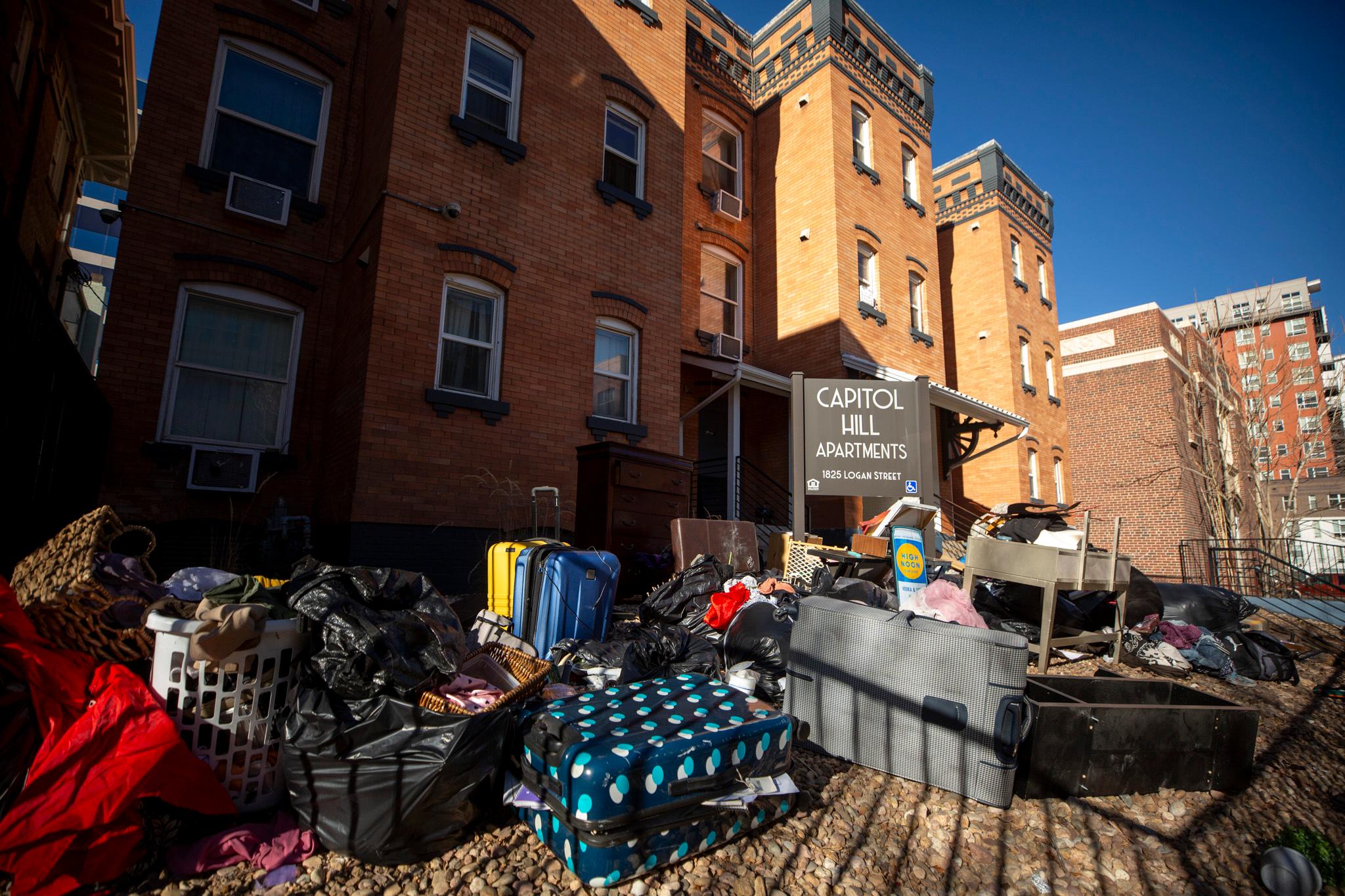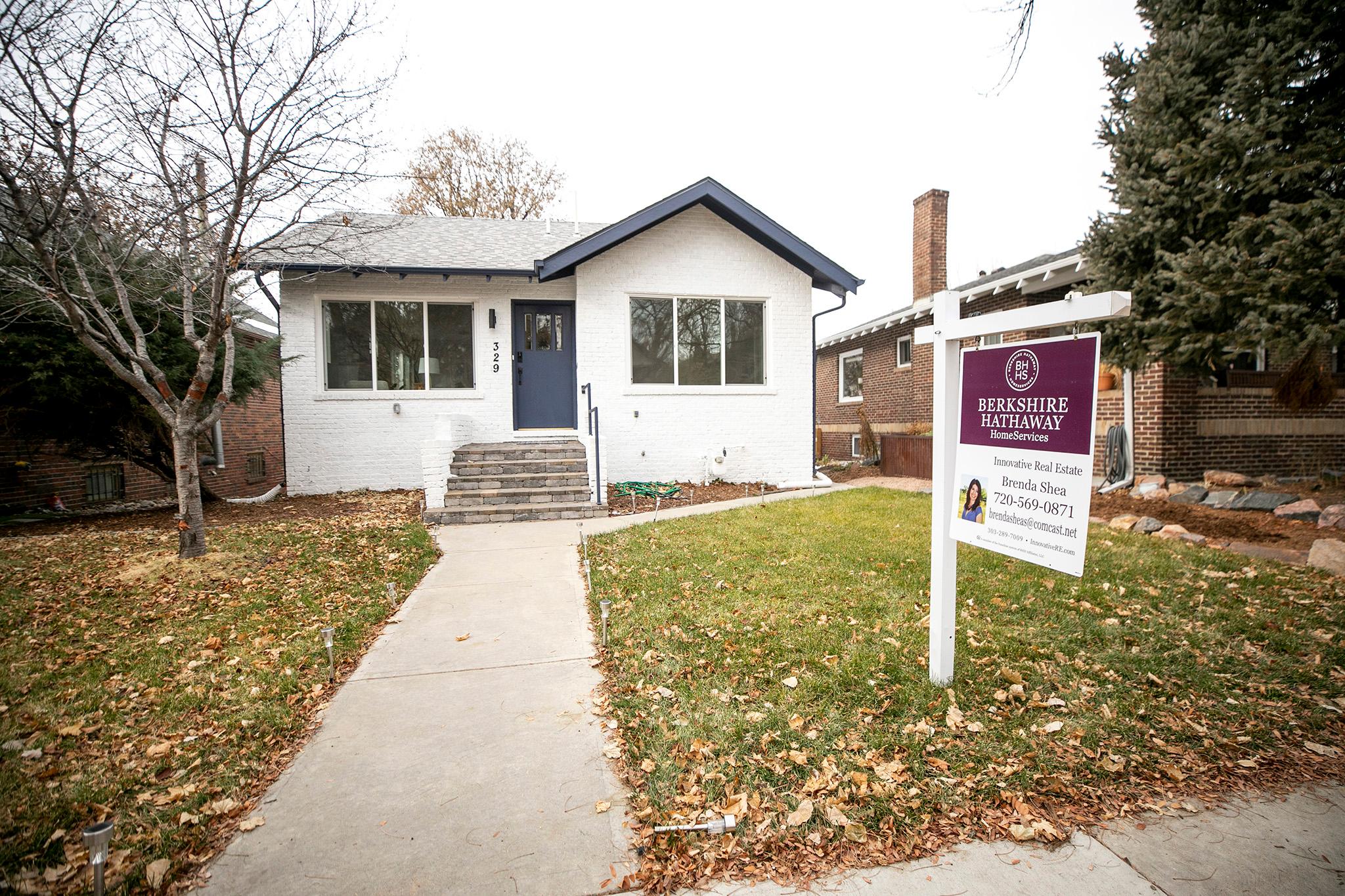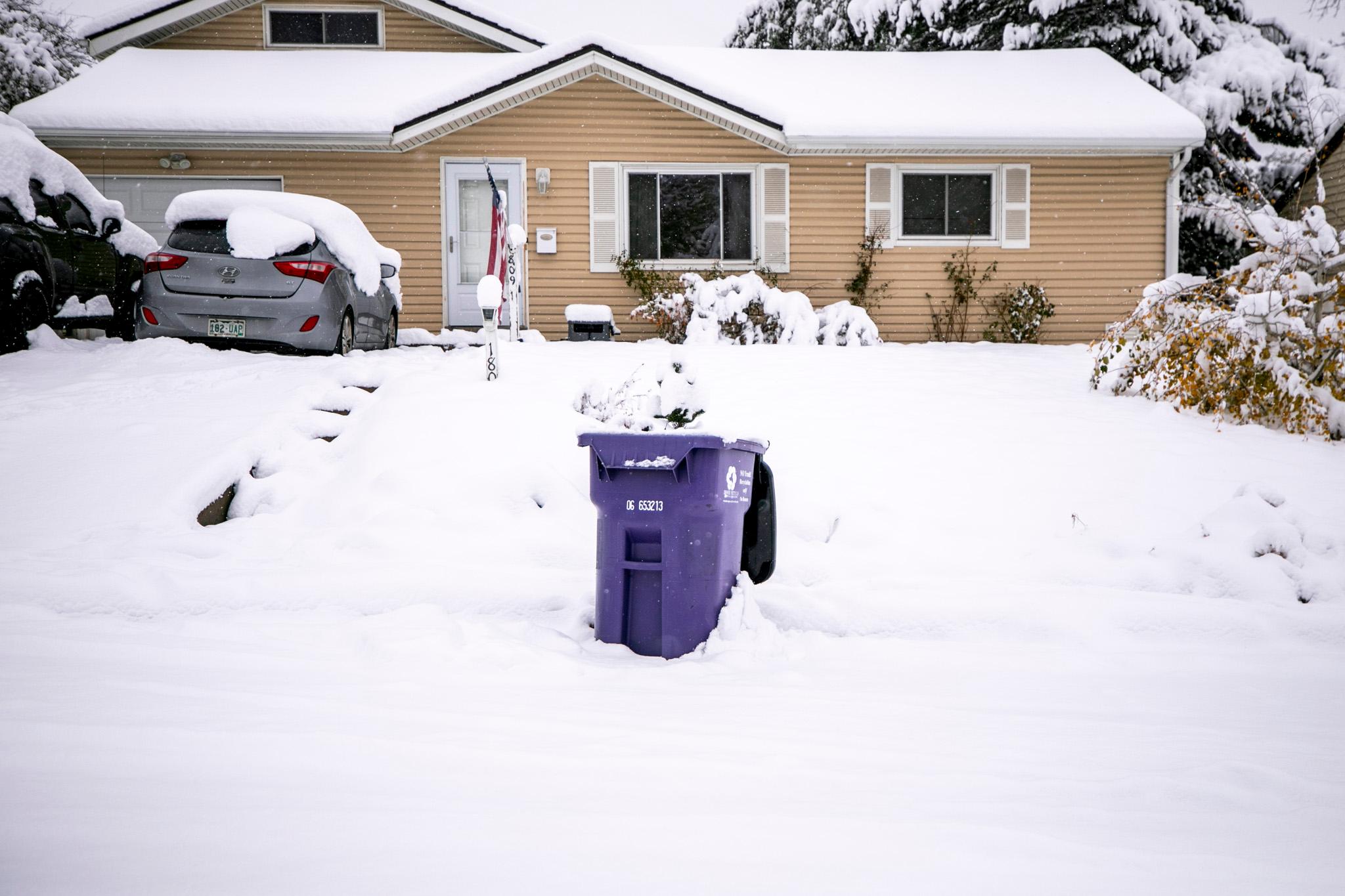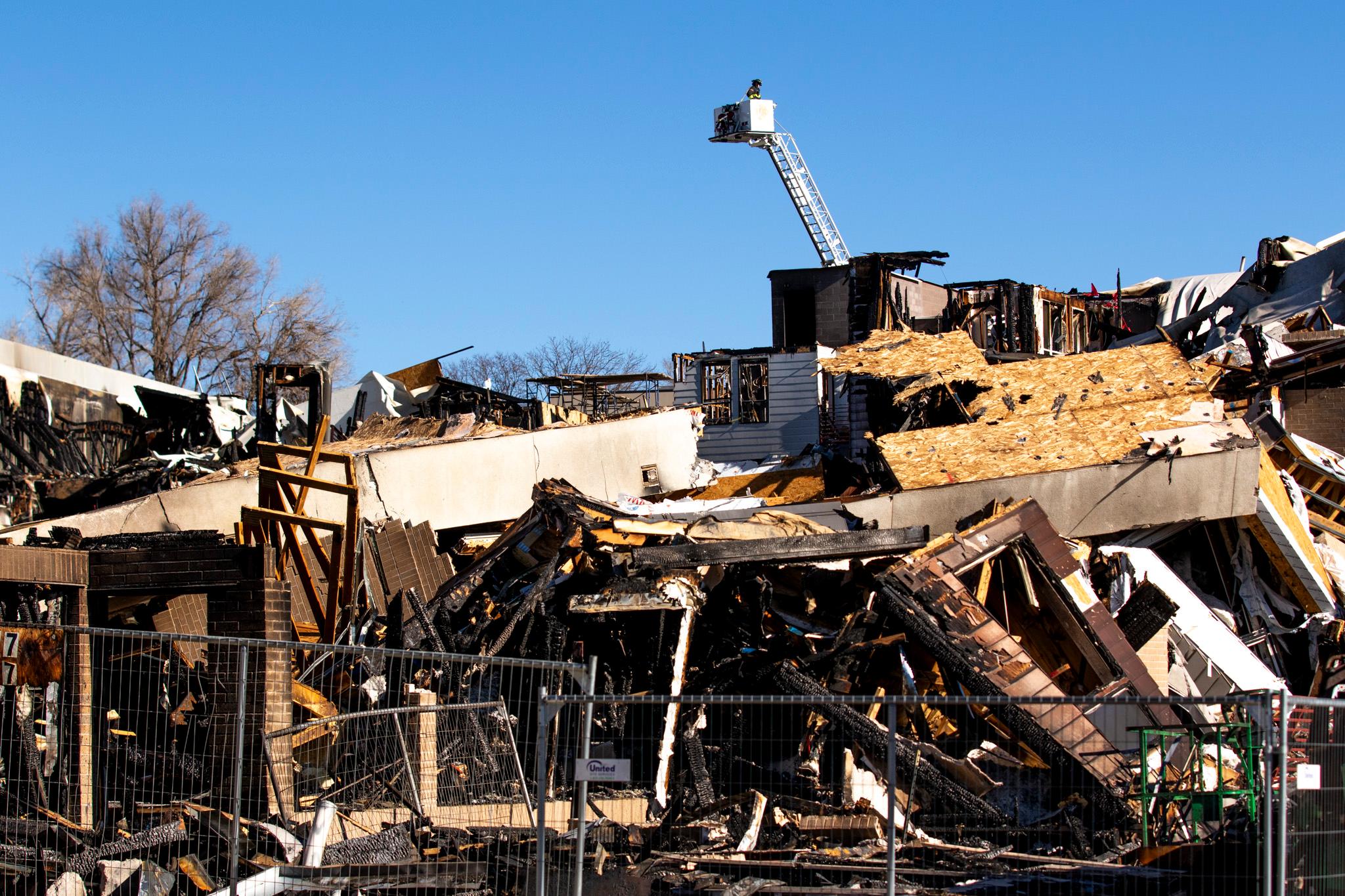Colorado's largest provider of drug and alcohol abuse treatment will close its eight facilities early next year, forcing an estimated 5,000 people to find treatment elsewhere.
Arapahoe House announced Friday that it would stop accepting new patients and its eight facilities' last open day will be Jan. 2. CEO Mike Butler told The Denver Post that payments from the state and federal government haven't kept up with the costs of serving low-income patients.
"It's horrible," Butler said. "We've been struggling with being underfunded for many, many years. We've been losing a fair amount of money for many years."
Arapahoe House's facilities serve an estimated 5,000 people each year seeking help with alcohol or drug abuse. Last year, Arapahoe House reported that its expenses exceeded revenue by $3.5 million.
The announcement comes amid a national heroin and opioid abuse epidemic that has also affected Colorado. Last year, 228 people overdosed on heroin in Colorado and opioid abuse treatment admissions increased by more than 50 percent from 2013 to 2016.
Robert Werthwein of the Colorado Department of Human Services said more state and federal money had been used to treat substance abuse, including $12 million made available through a 2015 state law. Colorado also received $15.6 million in federal funding in the last two years due to a 2016 federal law, he said.
"Yet, it's clear that the need for services outpaces the resources available to provide them," Werthwein, director of the department's Office of Behavioral Health, said in a statement.
Butler says it's been years since Arapahoe House was in the black. He said they tried to use reserves to cover losses for years but can't keep that up.
"It's a very sad day," he said. "There are very few options for this vulnerable population."
Butler says Arapahoe House is trying to find new treatment providers for all of its clients. The state also plans to try and connect those clients with other places to continue treatment.
Sarah McAfee, a spokeswoman for the Colorado Coalition for the Medically Underserved, said losing Arapahoe House's services will put more pressure on law enforcement and human service agencies in metro Denver.
"These costs don't just go away," she said. "They get shifted somewhere else."

